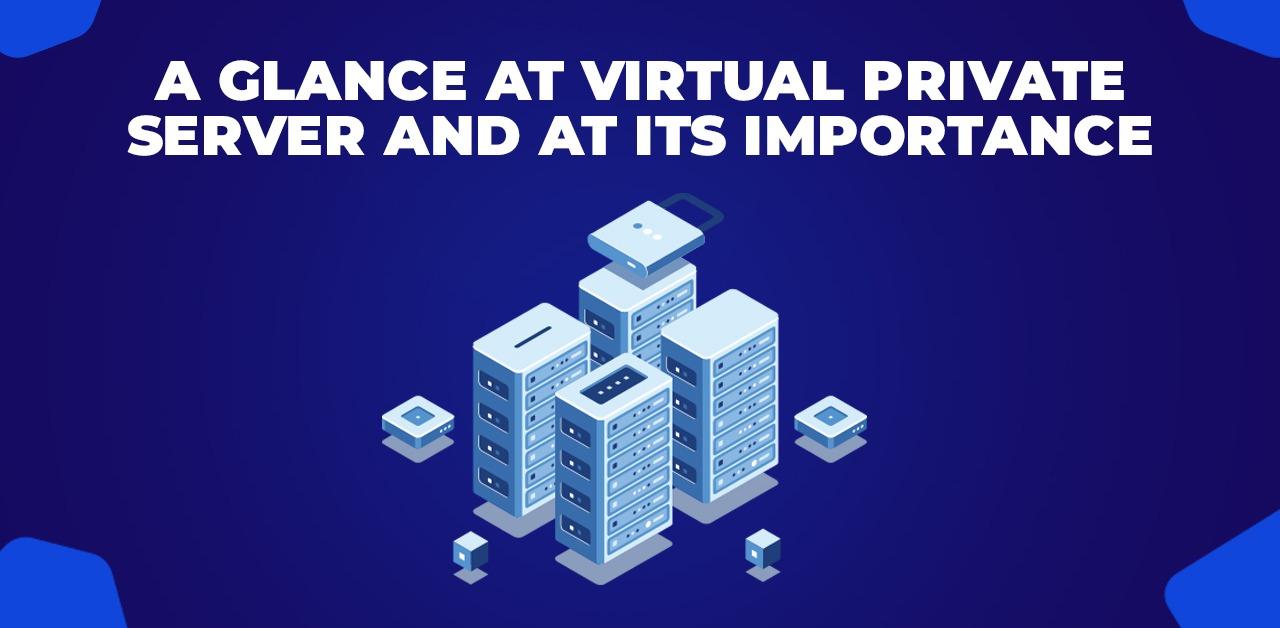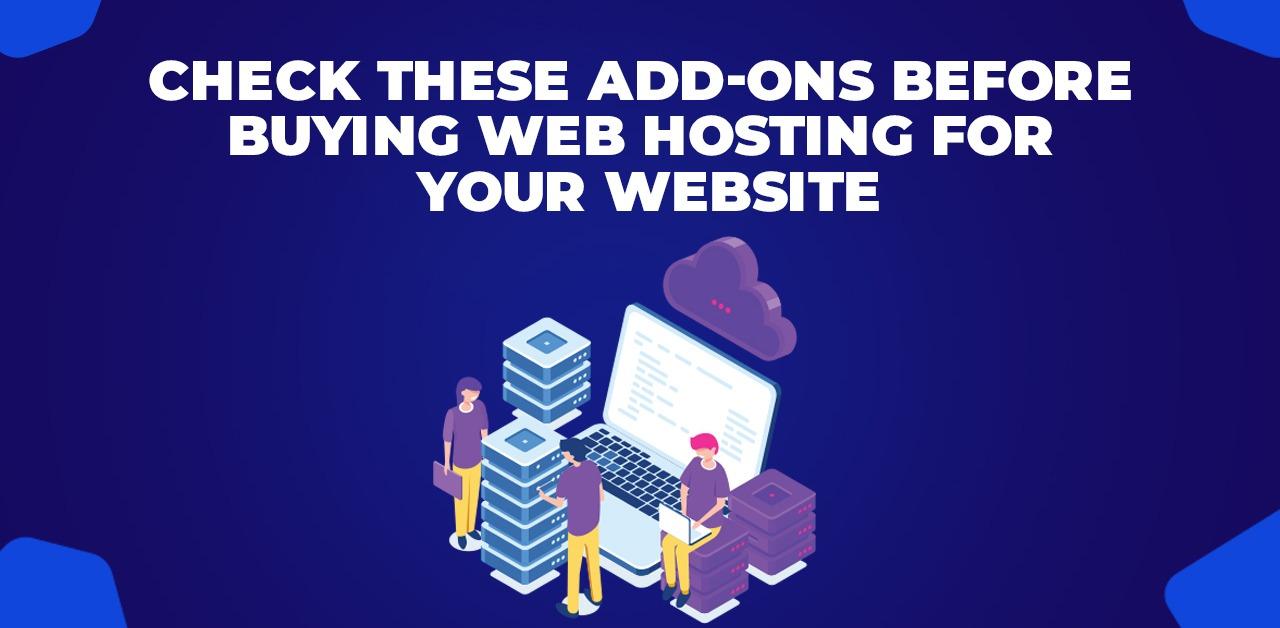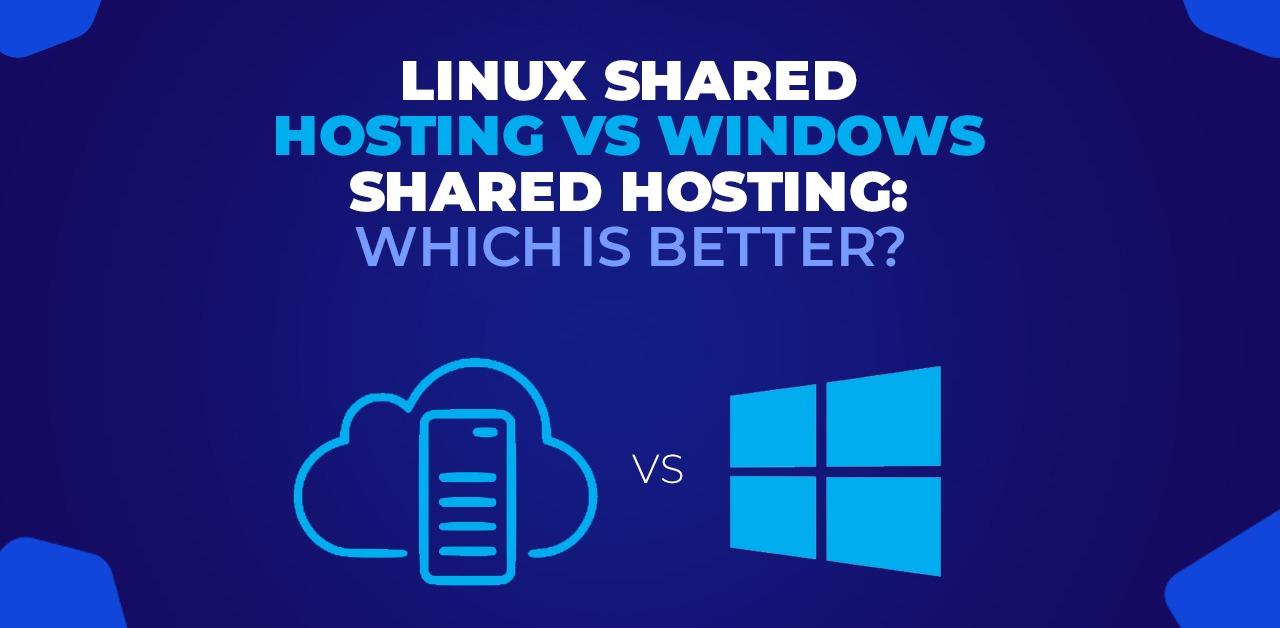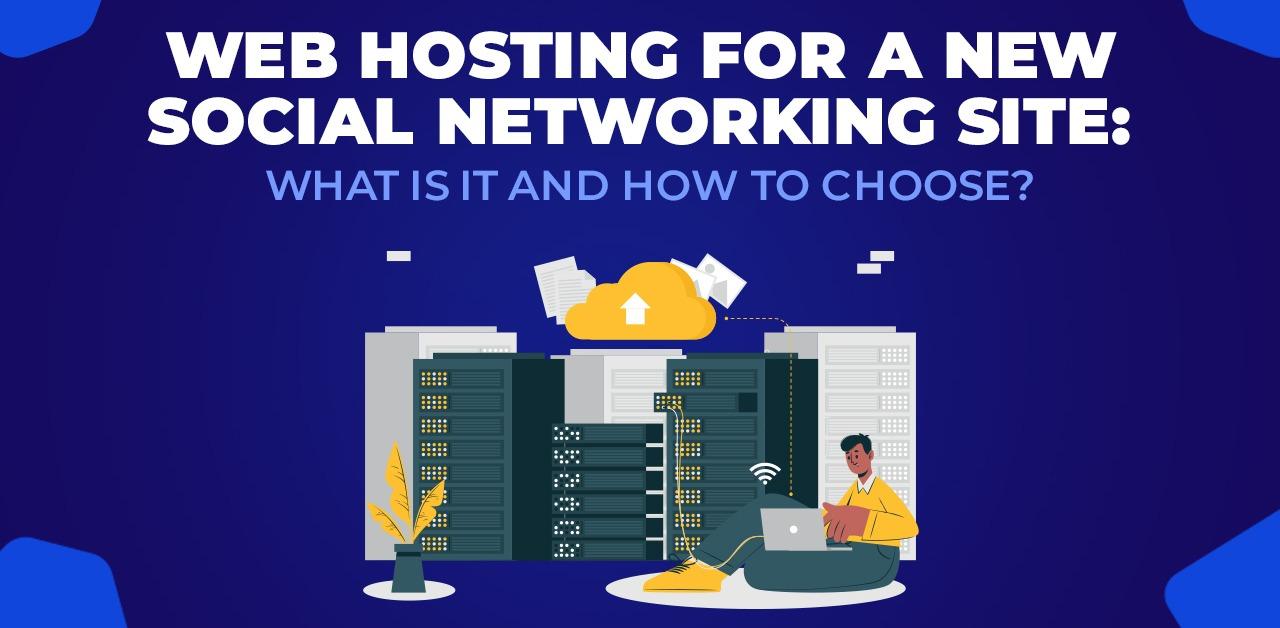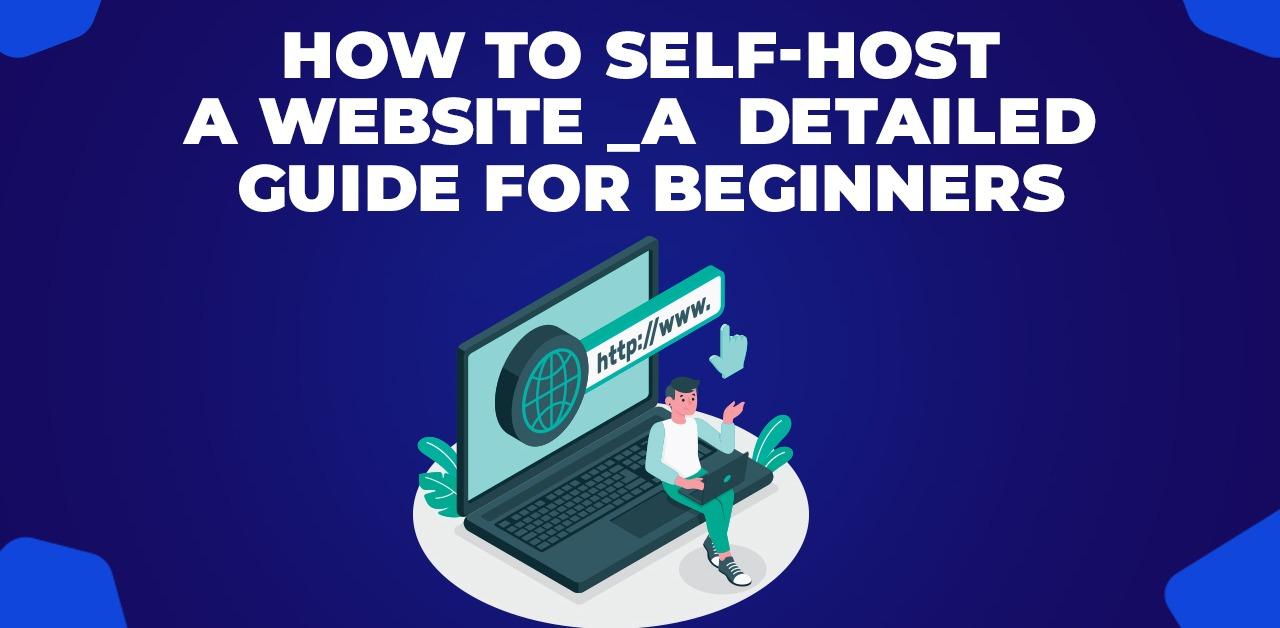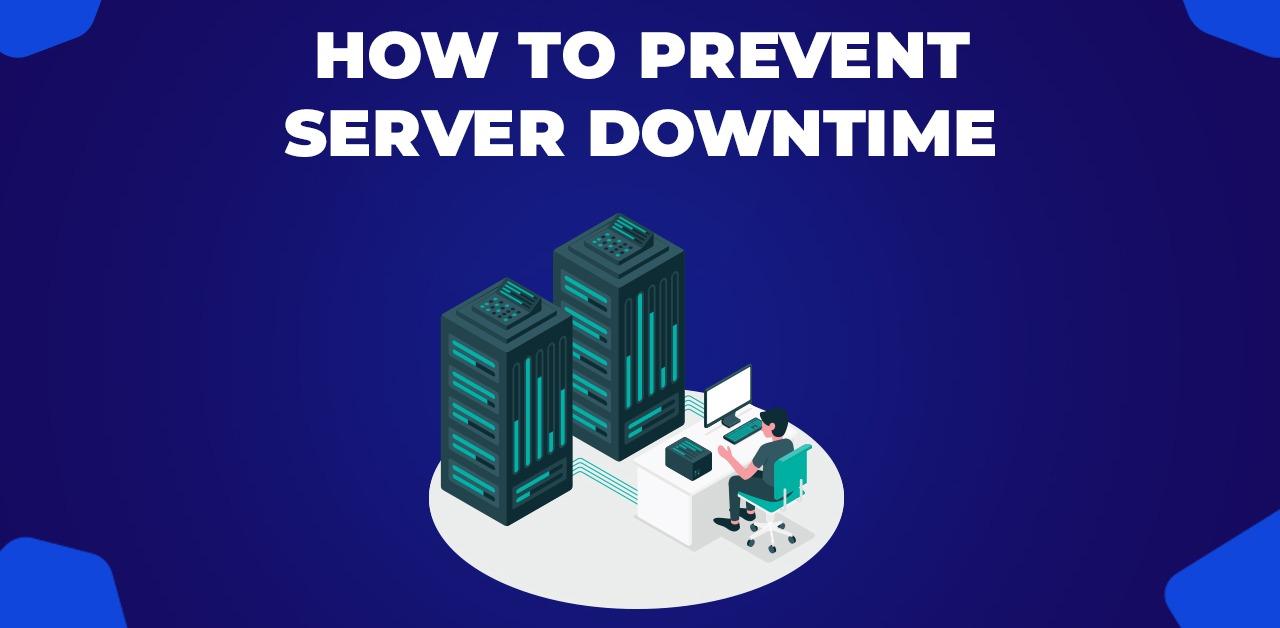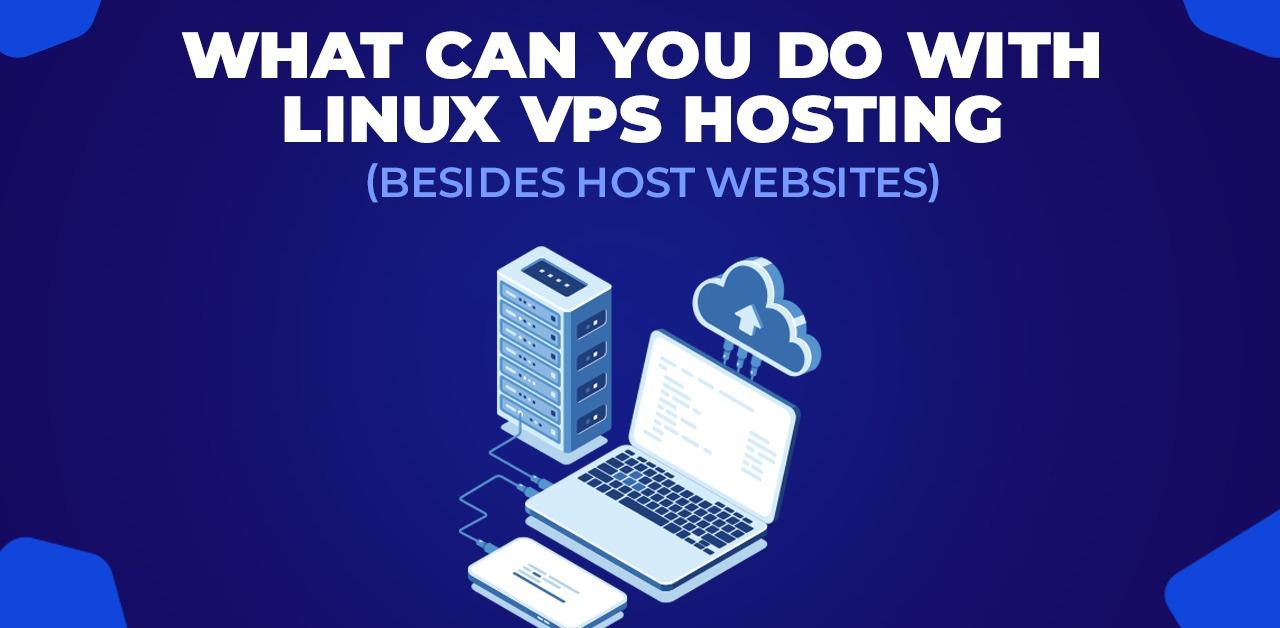A Glance At Virtual Private Server And At Its Importance
VPS, also known as Virtual Private Server, is a type of operating system that works within a parent server. It uses virtual technology to provide private resources to other servers. In simple words, it uses virtual technology for splitting one server into multiple others. It is a cost-effective medium for businesses to get more flexibility and efficiency that can be received with shared hosting without expenses. VPS is just a server running under the main server. Each VPS is responsible for running its Operating System and can easily be rebooted independently. It is a virtual server, so it has a low price. Several companies provide Virtual Private Server services in the form of web hosting services. Web hosting is the best that can be done with a Virtual Private Server and for that, several companies provide such services.
How Does Virtual Private Server Work?
As mentioned above Virtual Private Server provides private servers to the users. The web hosting provider adds a virtual layer on our operating system that separates the different servers through virtual walls. With this, users can install the operating system of their choice. Now, as Virtual Private Server separates our files from other users, we can say that our server is private to us. This makes our website secure with server resources like CPU, memory, etc.
How Is Virtual Private Server A Great Choice?
Virtual Private Server offers customized solutions for the management of a business. Virtual Private Server is loaded with several features that make it better than other servers. Following are some features of Virtual Private Server.
- It offers a choice of Operating System. So you can use the OS according to your requirements.
- Server security is another great feature. It provides data management and visitor management features. Security is a crucial concern and Virtual Private Server offers excellent server security.
- It is affordable as compared to the features available. You can access amazing features at a lower price.
- Virtual Private Server is available with a control panel, disk space, RAM, backup features, and technical support of the Virtual Private Server service provider. For heavy traffic on the website, you can go for more heavy features.
How Can You Use A Virtual Private Server?
- Running a website with high traffic: Running a website is a very popular use of Virtual Private Server. VPS offers multiple resources for a website apart from shared hosting. You can have full control over our Virtual Private Server as you can easily add or remove software according to our requirements.
- Hosting a web server: You can use VPS for hosting servers. It is also one of the most common uses of Virtual Private Server as it can do anything an ordinary server does. Hosting servers is the best way to get the most out of your Virtual Private Server.
- Setting mail server: Most businesses pay different companies for using hosted emails. Virtual Private Server can be an incredible way to avoid these costs as it allows businesses to host their email server. This can be done even with the most basic Virtual Private Server operations.
- Free private backups: People often use cheap cloud-based storage for storing our work. If you are using a Virtual Private Server, you can use it for storing our files and important documents for absolutely free. You don’t need to pay for this.
Virtual Private Server Compared With Shared Hosting And Dedicated Hosting
- Shared hosting: It is a common type of web hosting that works well for users. If you buy a shared hosting plan, you can get shared resources like RAM, Hard drive, and CPU. These resources will be shared by other website owners who are using the same server. Although there is some disadvantage of using shared hosting mostly because it is shared. For instance, if a website is facing a spike in traffic, it might affect your website too. But, of course, if the other website is facing an increase in traffic, you might get that.
- Dedicated Hosting: Dedicated hosting is completely the opposite of shared hosting. Instead of sharing our server, you have our private server for your website. You can easily control your resources and can customize them according to your requirements. With dedicated hosting, you can get huge traffic on the website. It can help in actions like installing your operating system, handling financial transactions, etc. But the only issue is that it is expensive.
- Virtual Private Server Hosting: With Virtual Private Server hosting, there will be websites hosted on the same hardware as ours. But, our website will be confined to us only. You can get your operating system, CPU, scalable RAM, storage, etc. the best part about Virtual Private Server is you can get many benefits of dedicated hosting at a comparatively affordable price.
How Can Virtual Private Server Help?
The best thing Virtual Private Server can help you with is improving the performance of your website. It comes at an affordable price. Here are some actions in which a Virtual Private Server can help you.
- Improved performance: Unlike shared hosting, where several users share the same server, VPS allows you to use your independent server. When you share servers, many times your performance gets affected because of other servers, so it’s beneficial to have an independent server. Another best thing about this is that you can receive huge traffic on our website. We can conclude that by using VPS, the performance of your site is not going to be affected by other websites.
- Scalability: Whether you own a small or a large business, you always want to increase the traffic on our website to increase your business. Traffic on the website can be a helpful medium in growing the business. You need a server to accommodate when your traffic level expands. A VPS can be a great choice for this. It can help in scaling all our operations without affecting the performance of the website.
- Low cost: Most businesses used to go for shared hosting because VPS was expensive. However, today with the advancement of technology, the cost of web hosting specifically decreased. Now, you can get a Virtual Private Server at a comparatively lower price. You can easily access a basic Virtual Private Server plan with the necessary resources that can be used to launch and operate a website at a reasonable price.
- Customer service: Online businesses are dependent on these servers. If any issue occurs with the hosting service it can directly affect the business. For such a situation, if you are using VPS, you can get a customer service representative who can help in resolving the issue. They also provide recommendations that can help in improving the business.
- Security: Security is the most concerning issue when dealing with technology. While using a shared server you might face a security threat. But, while using a Virtual Private Server you can ensure your safety. Your security will be in your control with Virtual Private Server as it is separate from other servers. So, no one can access our resources. Furthermore, you can add additional security tools like firewalls to keep the server safe.
- Customizable: Virtual Private Server is extremely customizable. It offers the choice of features that you want. That means you can use all the features according to your requirements. Apart from features, you can also choose the Operating System of your choice.
When To Upgrade The Virtual Private Server Hosting?
If you are using Virtual Private Server Hosting and find the performance slow, that means it’s time for upgrading it. A website can be unreliable due to several factors. But, if the server is showing errors then there are a few things to check before upgrading it.
- First and foremost, you must optimize your content. Sometimes, applications require changes in their default settings to operate well. So, you must optimize it first before upgrading.
- Finding if there is something heavy on the site like excessive plugins or heavy images. Finding them or reducing their size can be a solution.
- If the server is performing well in the area of disc usage, load average, and memory, then it requires an upgrade.
Conclusion
Virtual Private Server hosting is the best medium to create a website better. As most businesses are shifting online, Virtual Private Server can be a great choice of server. Virtual Private Server comes with multiple customizable features and you can also choose the features according to your requirements. It has better availability of features as compared to other servers if you are searching for an affordable server. This makes VPS an incredible choice for small or new startups. Virtual Private Server is useful in increasing the website traffic and for storage of documents. It offers amazing security features and scalability. You can conclude that a Virtual Private Server can be a very helpful service for several businesses as it offers multiple features at comparatively lower prices.



































